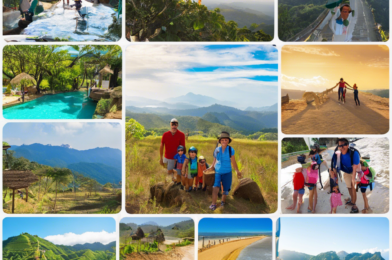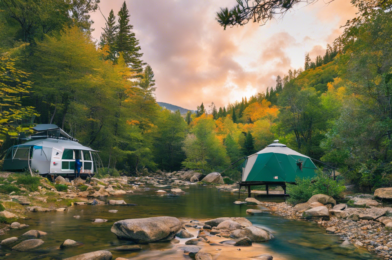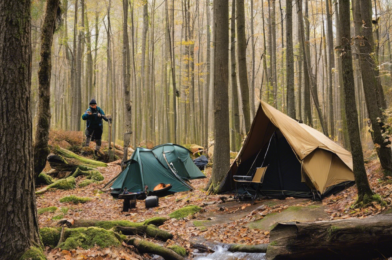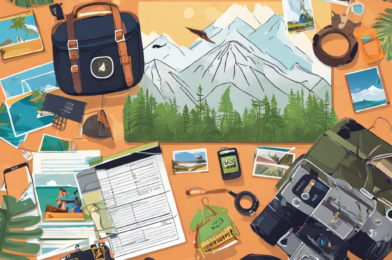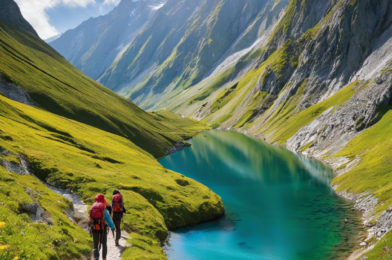Family vacations are not just about taking a break from the everyday routine; they are opportunities to create cherished memories that will stay with you and your loved ones forever. It’s through these shared experiences that family bonds are strengthened and lifelong connections are made. Whether it’s exploring new cities, hiking through scenic trails, or simply lounging on a sunny beach, family travel has a unique way of bringing people together and fostering unforgettable moments. These travels often become the stories we love to recount and the memories we hold dear for years to come.
One of the beautiful things about family travel is the diversity of experiences it offers. For the adventurous families, there’s the thrill of trying new activities, like whitewater rafting or zip-lining, creating memories packed with adrenaline and excitement. Cultural experiences, on the other hand, offer an enriching journey into local customs and traditions, leaving families with a deeper understanding of the world. Imagine the tales you’ll tell about haggling in bustling markets, trying unique cuisines, or learning traditional dances with the locals! These immersive experiences provide a unique education that goes beyond textbooks and classrooms.
The beauty of travel is that it accommodates every family’s preferences. For those who cherish nature, camping under the stars offers a peaceful escape, and the campfire stories and s’mores become the highlights of family legends. City dwellers might enjoy urban adventures, navigating through the vibrant streets, and discovering hidden gems in bustling cities. Each family can tailor their adventures to create a personalized narrative, reflecting their unique personalities and interests.
A well-planned family trip ensures that every member has a voice and choice, making the experience inclusive and satisfying for all. Involve your family in the planning process, and watch as everyone eagerly anticipates the journey ahead. The excitement of choosing destinations, activities, and even snacks becomes part of the memory-making process. It’s in these collaborative efforts that you’ll find the true joy of traveling together.
Family travel is more than a break from routine; it’s a chance to reinforce the love and shared history that defines your family. Through these adventures, you create a unique tapestry of memories that will forever be a part of your family’s legacy, ready to be shared and cherished by generations to come. So, start planning, pack your bags, and embark on the journey of a lifetime—one that will leave you with countless stories to tell and fond memories to cherish. Happy travels!
As you return home, the memories will flood back with every photo, every souvenir, and every retelling of your adventures. These shared experiences will become the glue that binds your family together, reminding you of the joy of exploration and the beauty of shared experiences.
